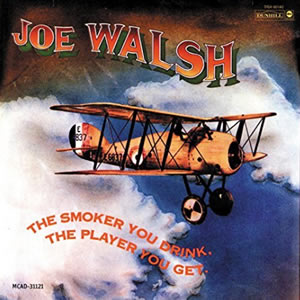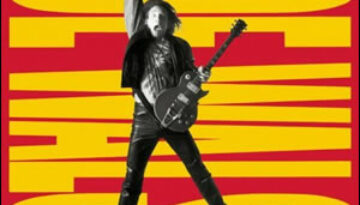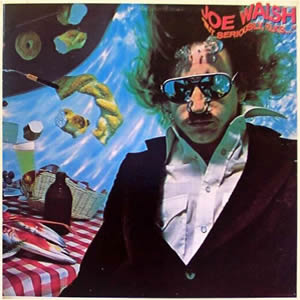The Smoker You Drink, the Player You Get
Buy The Smoker You Drink, the Player You Get The second of two albums featuring singer-songwriter and multi-instrumentalist Joe Walsh with his backup group Barnstorm, The Smoker You Drink, the Player You Get […]



